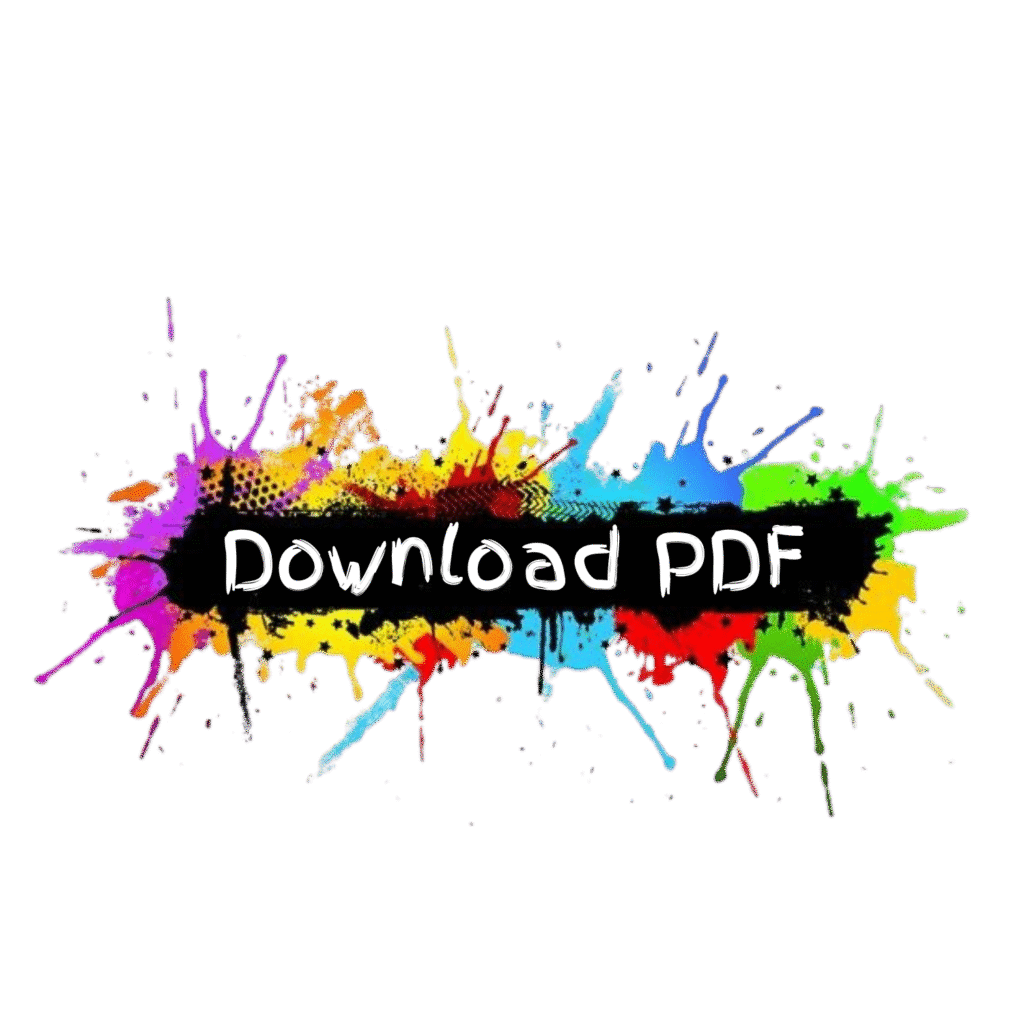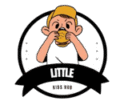Alphabets: Different Style, we delve into the intriguing variations of alphabets and their significance in art, design, and everyday life. This exploration is not just about aesthetics; it also reveals how typography influences our perceptions and interactions. Get ready to discover how different styles of alphabets can inspire you in your creative endeavors.

Exploring the alphabet in various styles is a creative and engaging way to help children recognize and appreciate the uniqueness of each letter. By presenting all 26 letters in different fonts, colors, textures, or artistic designs, educators can enhance visual discrimination and spark interest in letter learning. Here are a few style ideas:
Using these different styles helps reinforce letter recognition, supports multiple learning modalities, and adds an artistic touch to early literacy activities. Whether printed on posters, used in crafts, or integrated into games, alphabet styles make learning more dynamic and fun

A B C Alphabets
A B C alphabet is a classic and effective way to introduce the alphabet to young children. Associating each letter with a familiar word and image helps children remember letter names and sounds more easily. For example, A is linked to apple a common and recognizable object, while B connects to ball, something children often play with. These associations not only support letter recognition and phonics skills but also build vocabulary and spark curiosity. This approach lays a strong foundation for reading and writing by making the learning process fun, visual, and meaningful.



The journey through the alphabet begins with a delightful pairing: A for apple and B for ball. While they seem simple, these letters open up a world of imagination and learning. The apple, a symbol of health and vitality, evokes memories of childhood snacks and vibrant orchards, while the ball represents playfulness and the joy of movement. Together, they embody the essence of early education, where every letter can spark curiosity and creativity.

Alphabets Spinner
The Alphabet Spinner is not just a playful tool for children; it’s a dynamic resource that fosters creativity and critical thinking. By transforming the way we engage with letters, this innovative device encourages users to explore language in a tactile manner. Each spin reveals a new letter, sparking spontaneous word formation and inspiring storytelling. Imagine a classroom where students gather around, their eyes lighting up as they take turns spinning the wheel, each letter prompting unique narratives or collaborative poems.
The Alphabet Spinner is a dynamic and interactive tool designed to make learning letters fun and engaging for young children. By simply spinning the wheel, children land on a letter and practice identifying its name, sound, and words that begin with that letter. This hands-on activity supports letter recognition, phonemic awareness, and vocabulary development. The spinner can be used individually, in pairs, or in group settings, making it a versatile addition to any early literacy program. With its playful format, the Alphabet Spinner turns alphabet practice into an exciting game that motivates and inspires early learners.

The ABC Caterpillar
The ABC Caterpillar is a vibrant and interactive educational tool designed to make learning the alphabet exciting and memorable for young children. With each of its colorful body segments featuring a different letter from A to Z, the caterpillar guides children through the basics of letter recognition, sequencing, and phonics in a playful and visually engaging way.



The ABC Caterpillar is a fun and creative way to help young learners master the alphabet. Each colorful segment of the caterpillar’s body represents a different letter from A to Z, making it easy for children to follow along and learn letter names and sounds. This visual and tactile approach supports letter recognition, phonics skills, and early literacy development. Whether displayed on a classroom wall or used in a learning activity, the ABC Caterpillar brings excitement and engagement to alphabet learning, making it an effective and enjoyable educational resource.




